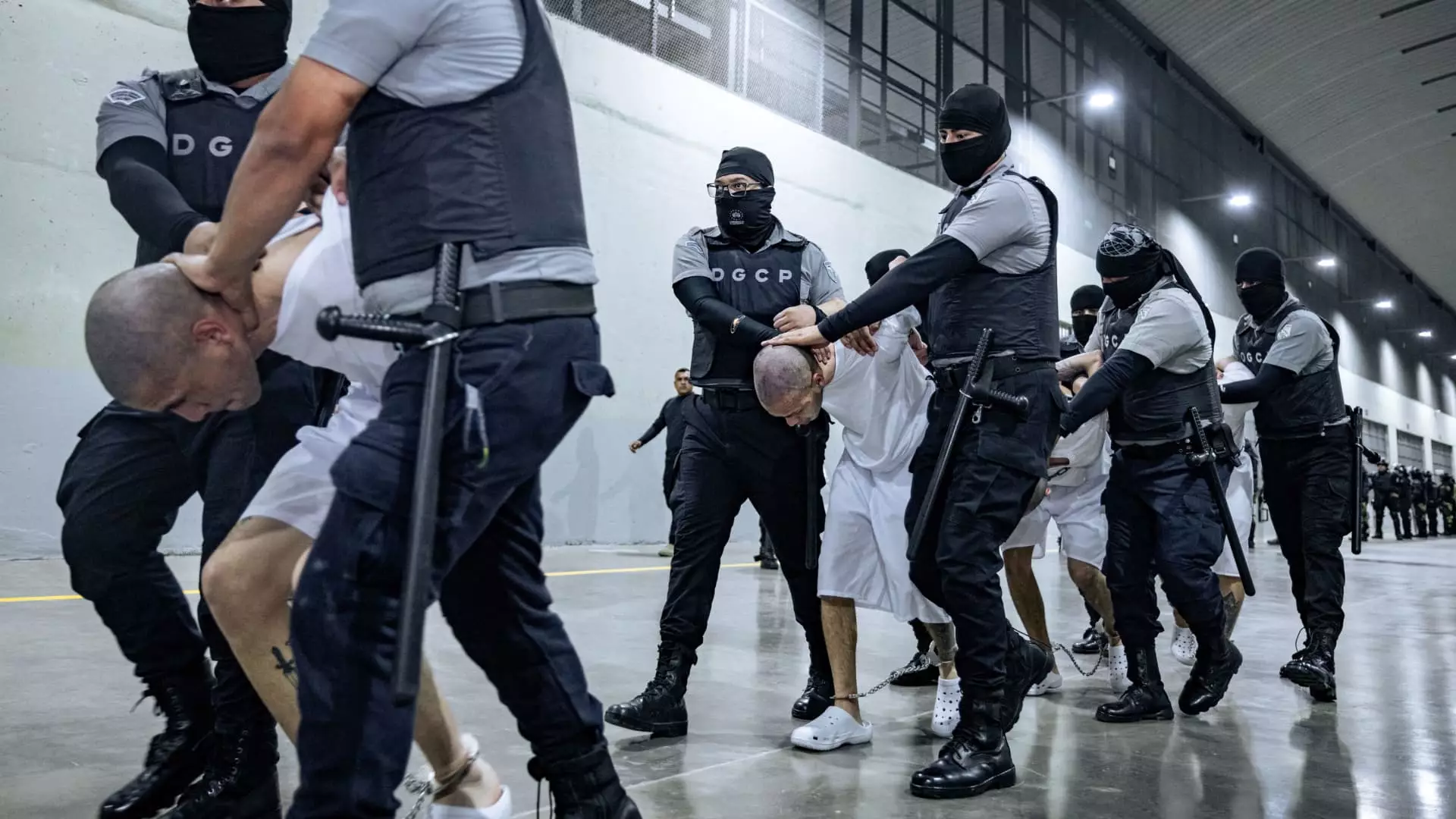The Supreme Court’s recent decision regarding Kilmar Abrego Garcia not only sheds light on a troubling case of wrongful deportation but also raises critical questions about the integrity of the U.S. immigration system. Abrego Garcia, a man with roots in Maryland, was forcibly removed to El Salvador despite having a legal order preventing his deportation. As he languishes in a Salvadoran prison, the serious implications of this misunderstanding — labeled an “administrative error” by the Justice Department — expose the potential savagery of an immigration system that can shatter lives without accountability.
The Challenge of Misguided Policy and Institutional Flaws
The cruel irony in Garcia’s case is that while the Justice Department acknowledged that his deportation was indeed illegal, the Trump administration still resisted efforts to rectify this egregious mistake. This underscores an alarming mindset prevalent within some quarters of the government, where human lives and rights are sacrificed on the altar of misguided immigration rhetoric. The designation of Garcia as a purported member of the notorious MS-13 gang only further compounds the injustice — a claim vehemently denied by his legal team, who argue that he has lived a crime-free existence in the U.S. for over a decade.
Beyond the particulars of Garcia’s situation, there lies a broader and more dysfunctional narrative surrounding undocumented immigrants. Many people have fallen victim to administrative failures and erratic enforcement policies that lack both empathy and insight into the complexities of individual circumstances. The Supreme Court’s insistence on clarifying the parameters of the word “effectuate” reflects the need for precision in language and action, especially when addressing sensitive issues intertwined with personal liberty.
The Delicate Balance of Power in Immigration Policy
The ruling implies that while the Executive Branch typically conducts foreign affairs, the judiciary must also safeguard individual rights against reckless governmental action. However, the deference granted to the executive on these matters raises troubling questions about the balance of power in the realm of immigration. How can the rule of law be upheld when legal frameworks are consistently sidelined by political agendas? Garcia’s plight is emblematic of the urgent need for reform that touches not just on the mechanisms of deportation, but on the very philosophies underpinning U.S. immigration policy.
With the Supreme Court taking a stand to restore Garcia’s rights, the hope is that this reflects a deeper shift in the judicial perspective on immigration enforcement. The pressures of political narratives aiming to vilify certain groups must not overshadow the fundamental human rights that ought to be afforded to all individuals within the United States.
A Call for Empathy and Reflection
Ultimately, the case of Kilmar Abrego Garcia beckons society to engage in a deeper moral questioning about our national identity and values surrounding immigration. It challenges citizens and lawmakers alike to reflect on what kind of country we aspire to be. If we prioritize punitive measures over compassion, we will inevitably perpetuate a cycle of fear and suffering. The time has come to not only acknowledge the failures of the past but also to commit to creating a future where justice prevails over bureaucratic indifference.


Leave a Reply